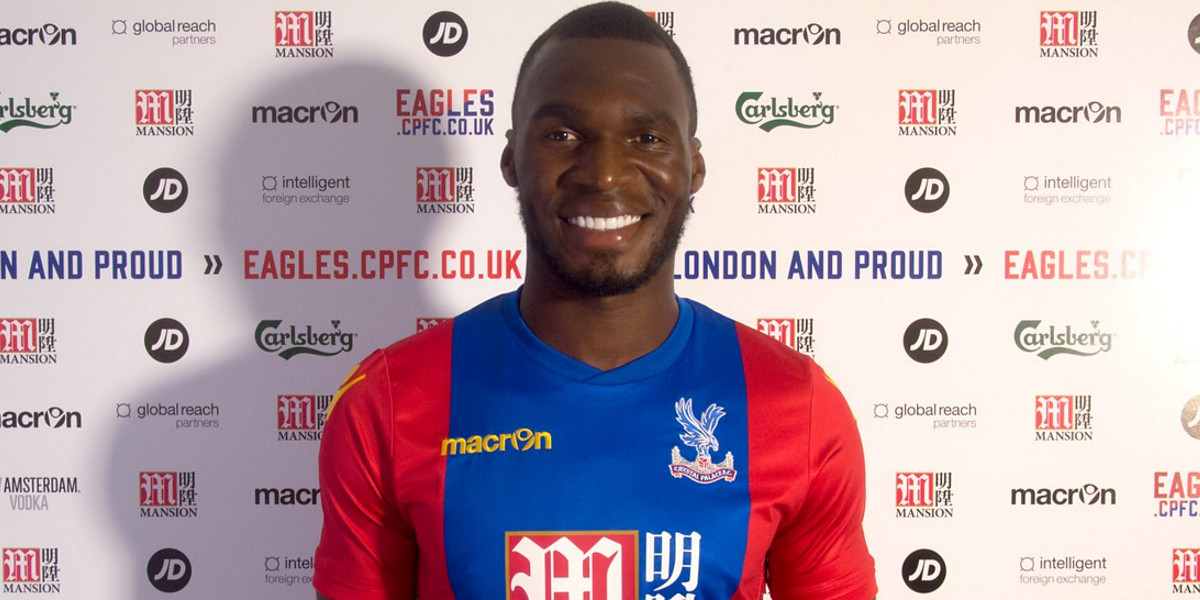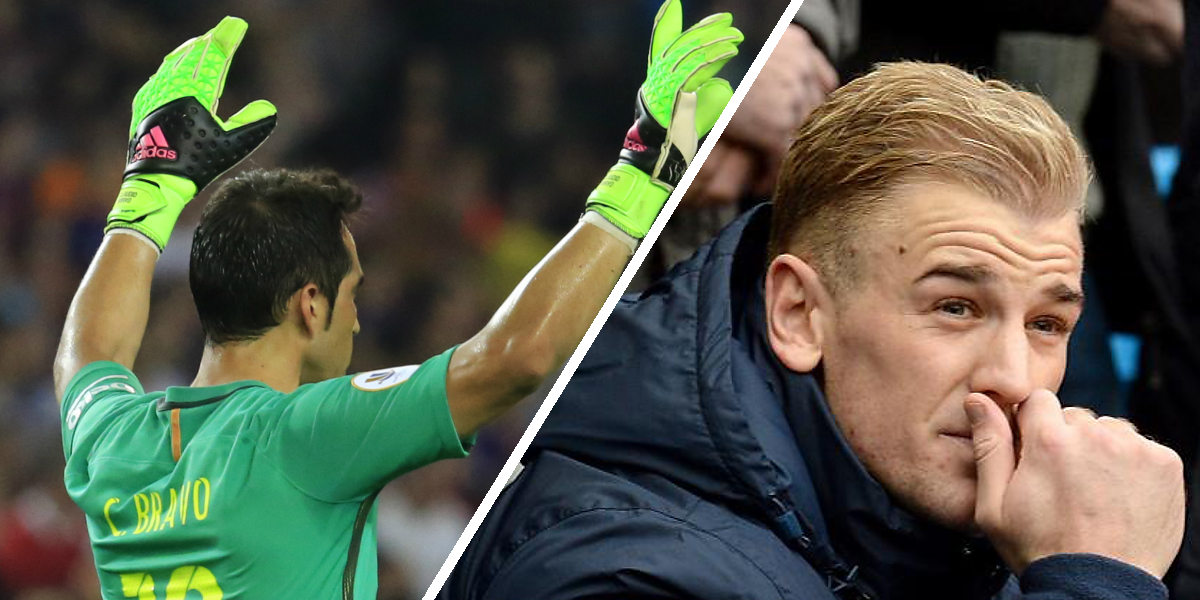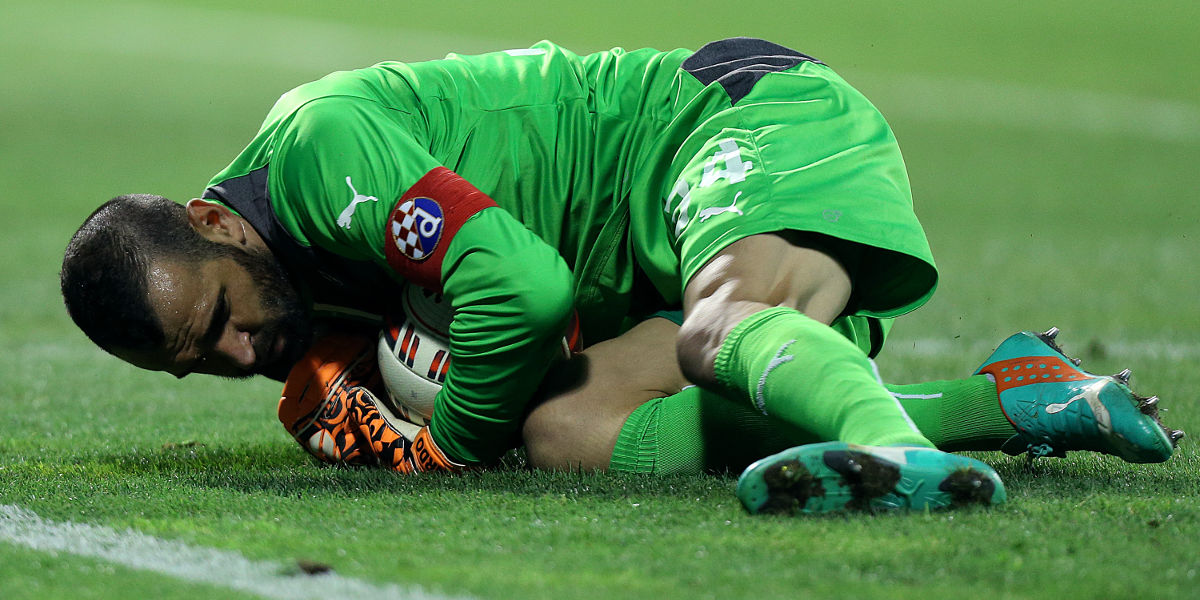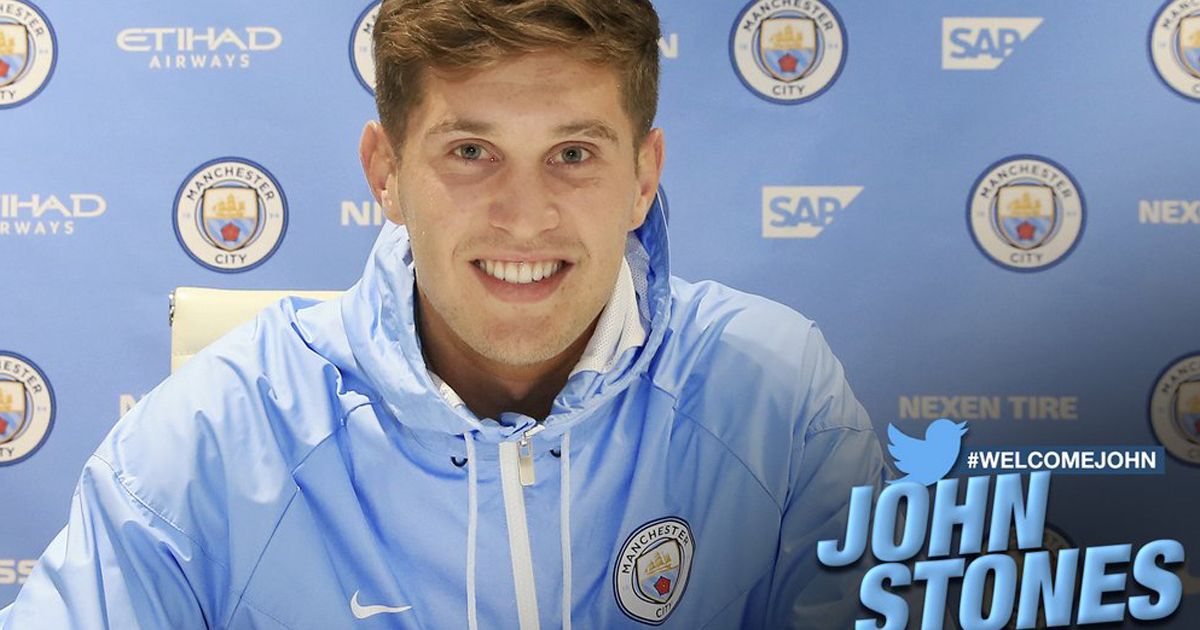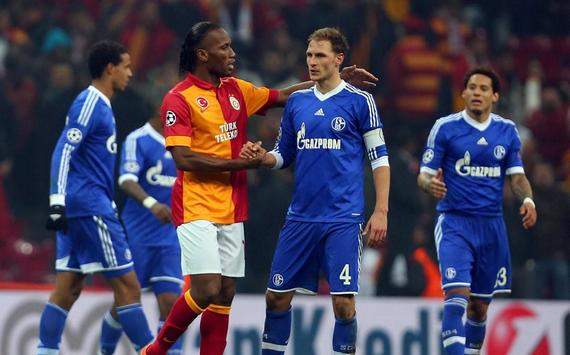By Chris Myson
The biggest grudge match of this season’s Champions League will be in Gelsenkirchen – providing the tie even goes ahead.
Schalke’s protest to Uefa over the eligibility of Didier Drogba could ultimately lead to Galatasaray being kicked out of Europe’s elite club competition. “It would surely be negligent not to get the issue verified,” the German club’s general manager Horst Heldt said just hours after the first leg finished.
Rules are of course rules, but can it be right that football has reached a stage when clubs feel obliged to call in the lawyers to determine the result of matches?
Last Wednesday, the pre-match debates on Galatasaray v Schalke looked forward to the potential Champions League debuts of Drogba and Wesley Sneijder for the Turkish giants and analysed whether they could make the difference to one of the toughest ties to call in the round of 16.
Come kick-off, the match itself did not disappoint. Burak Yilmaz scored a stunning opener, but Jermaine Jones equalised for Schalke and both sides squandered a number of chances to seize the advantage going into the second leg in Germany two weeks from now.
Immediately after the game, the focus was set on what remains an intriguingly poised Champions League tie and what had been a fantastic atmosphere in Istanbul. After 90 minutes of keenly fought continental football, the Champions League fate of Gala and their rivals was still unclear.
Quickly, though, things turned sour. Just hours after the full-time whistle, suddenly the focus came off the action we had seen on the pitch and into a media war of words between the two sides. It was a turn of events that should have had all football fans shaking their heads.
The Bundesliga side took to their official website and Twitter account to cast doubt over the eligibility of Drogba to have been fielded in the tie, given his controversial exit from Chinese club Shanghai Shenhua.
As if that was not enough, Heldt joined the party on Thursday, going public with his verdict and suggesting the club would indeed be going ahead with an appeal.
Fifa had given Drogba’s transfer the all-clear, although Shanghai are challenging that decision, which led to S04’s uncertainty over whether he should have been allowed to play against them.
Gala quickly issued responses in the days that followed, insisting they were fully confident they complied with all transfer regulations and dismissed the Germans’ prospective appeal as “nonsense”.
Schalke asking Uefa to clarify the Ivorian’s eligibility may be one thing, but their immediate and public protest has to be considered a bad spectacle that sent out the wrong message for football.
The focus was taken away from a thrilling game of football and instead placed onto legal loopholes, detailed regulations and a public spat between the powerful suits at both clubs.
Schalke’s approach has sent out the wrong message for football and sets a dangerous precedent for other clubs who may think public protests are the way forward if there is even a hint of controversy
It is typical of the win-at-all-costs mentality we see in the modern game. Even hoping that a match of that significance could be settled by lawyers in courtrooms rather than on the field of play can only be labelled as a deplorable approach.
In an age where off-pitch spats, all-powerful owners or presidents, transfer disputes and heated contract negotiations already deflect too much attention from the enthralling action actually taking place on the pitch, this saga really was the last thing the game needed.
If the complaint is legitimate, it is still unlikely that the Bundesliga club’s fans would rather have won the tie through a controversial Uefa legal document, than as a result of a dramatic Klaas-Jan Huntelaar second-leg winner in Gelsenkirchen.
Schalke’s approach has sent out the wrong message for football and sets a dangerous precedent for other clubs who may think public protests are the way forward if there is even a hint of controversy.
The last thing football needs to see is big matches and famous competitions regularly reduced into official statements and wars of words between directors, or matches that are settled through legal disputes as opposed to battle on the pitch, where every title should be decided.
We have to hope complaints of this nature become a rare exception and that players’ performances – not lawyers – are what is responsible for producing memorable moments and capturing the limelight.
If not, the game risks further alienating some of the fans already disillusioned with modern football and that, surely, is not a price worth paying.








